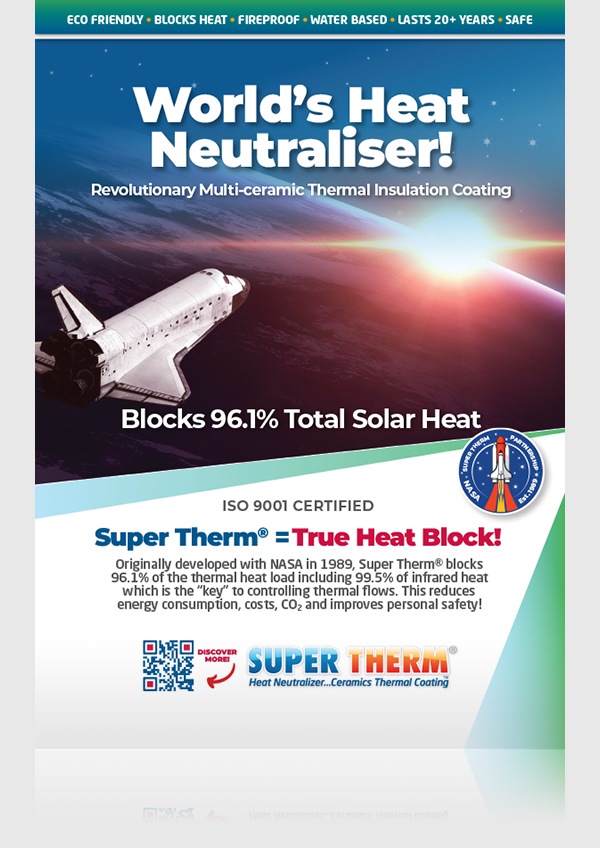Mastic Sealing Tape
Mastic Sealing Tape is a self-adhering, flexible membrane used to seal seams, cracks, and holes in surface to create an excellent substrate before applying acrylic coatings. Mastic Sealing Tape is a unique formulation of premium grade bituminous resin modified with synthetic resins. It is designed with an easy, peel-off paper backing to expose a highly adhesive bottom side and then placed over a clean, dry, and sound surface. The topside has a polyester mesh fabric built-in for strength and flexibility. Mastic Sealing Tape is inert and inorganic, and will never rot, decay, or be affected by bacteria or fungus. Available in 4 inch to 36 inch width rolls, 67 feet long.
Typical Uses
1. As a fast and easy way to seal seams, cracks, and small holes
2. Can be used on clean and dry concrete, wood, and steel.
3. Excellent for bridging gaps on roofing to create a water-tight substrate for acrylic coatings.
4. Used to seal seams in areas normally affected by bacteria or fungus.
5. Used when ease and speed of application is urgent
6. Can be used to seal steel buildings, grain bin bases, mobile home seams, air infiltration systems, foundations, decks, and many other substrates.
Application Methods
Mastic Sealing Tape is to be applied to sound and dry surfaces. Surfaces must be free of dirt, oils, salts, and other debris before applying Mastic Sealing Tape. It will have excellent adhesion to many different substrates. Simply cut the length needed from the roll and peel off the paper backing. Lay the tape with the adhesive side down (mesh side up) over the area needing to be sealed. Be very cautious setting tape in place. The adhesive bottom- side is very strong and usually the Mastic Sealing Tape cannot be repositioned once it is laid into place. The tape should never be used alone since is not U.V. stable and should remain clean and dry until it is over- coated with Super Base/HS or Super Therm®. It is preferred that the tape not be coated during cooler temperatures until after being exposed to a few hours of sunlight to be sure the surface is warm enough.

























